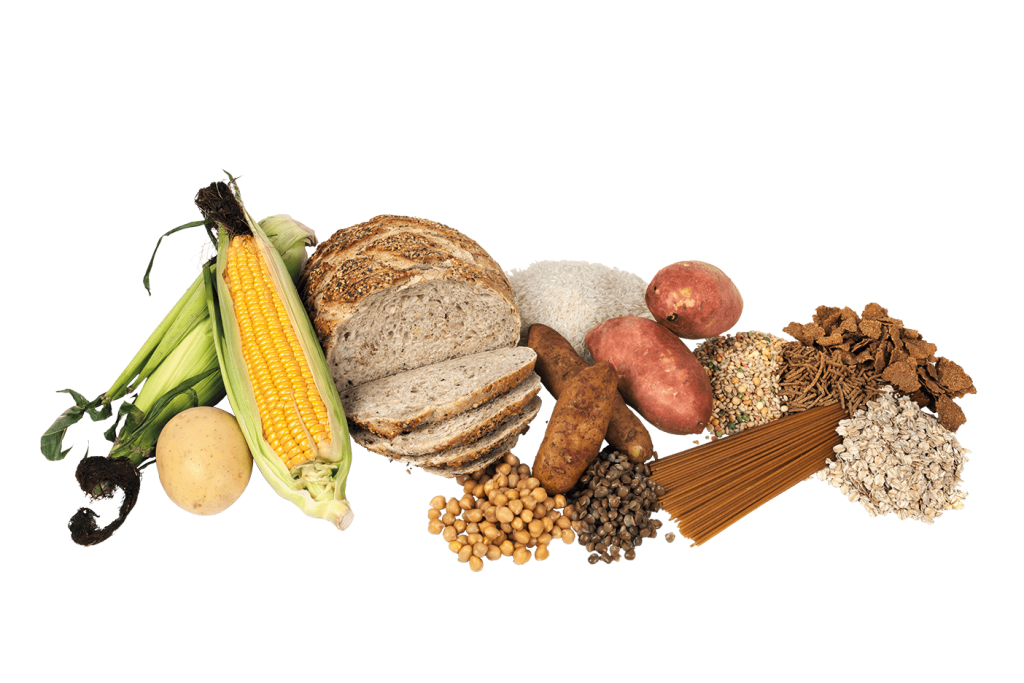Eating for a
healthy gut
When one suffers from gastrointestinal symptoms such as constipation, diarrhoea, bloating or abdominal cramps often associated with conditions such as piles, irritable bowel syndrome (IBS) and inflammatory diseases (ulcerative colitis, coeliac disease and Crohn’s disease), the food you eat could have a significant impact on your health.1

When one suffers from gastrointestinal symptoms such as constipation, diarrhoea, bloating or abdominal cramps often associated with conditions such as piles, irritable bowel syndrome (IBS) and inflammatory diseases (ulcerative colitis, coeliac disease and Crohn’s disease), the food you eat could have a significant impact on your health.1
Eating for a healthy gut


Soluble vs. insoluble fibre5
Soluble fibre:
- Made up of carbohydrates which dissolves in water
- Found in fruits, oats, barley, peas and beans
Insoluble fibre:
- Comes from plant cell walls and does not dissolve in water
- Found in wheat, rye and other grains
Fibre may cause bloating and should be increased slowly, and it may be wise to choose more soluble fibre than insoluble fibre. In some conditions, like IBS-patients that do not tolerate fibre or suffer from diarrhoea rather than constipation, and in the inflammatory bowel diseases, fibre might not be recommended.1,5
General dietary considerations for a healthy gut:2-6
-
Eat smaller, frequent meals, and use of oral liquid
supplements can also be used
- Reduce intake of fats and spices
- Reduce caffeine consumption
- Reduce alcohol consumption
- Avoid processed, junk food and carbonated drinks


